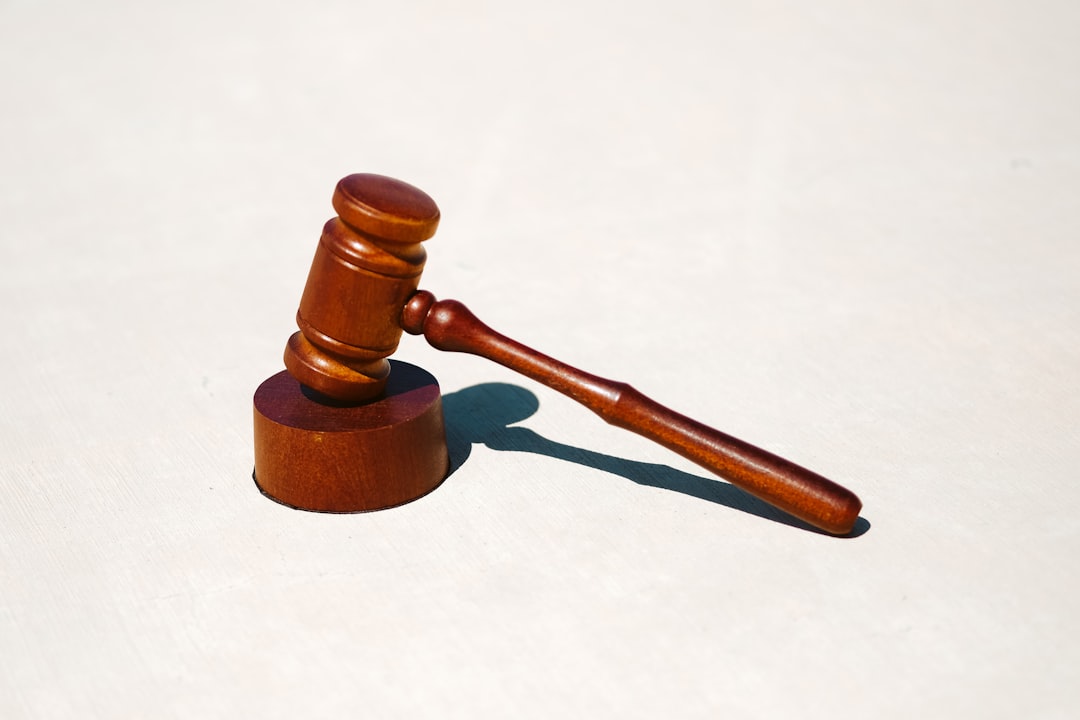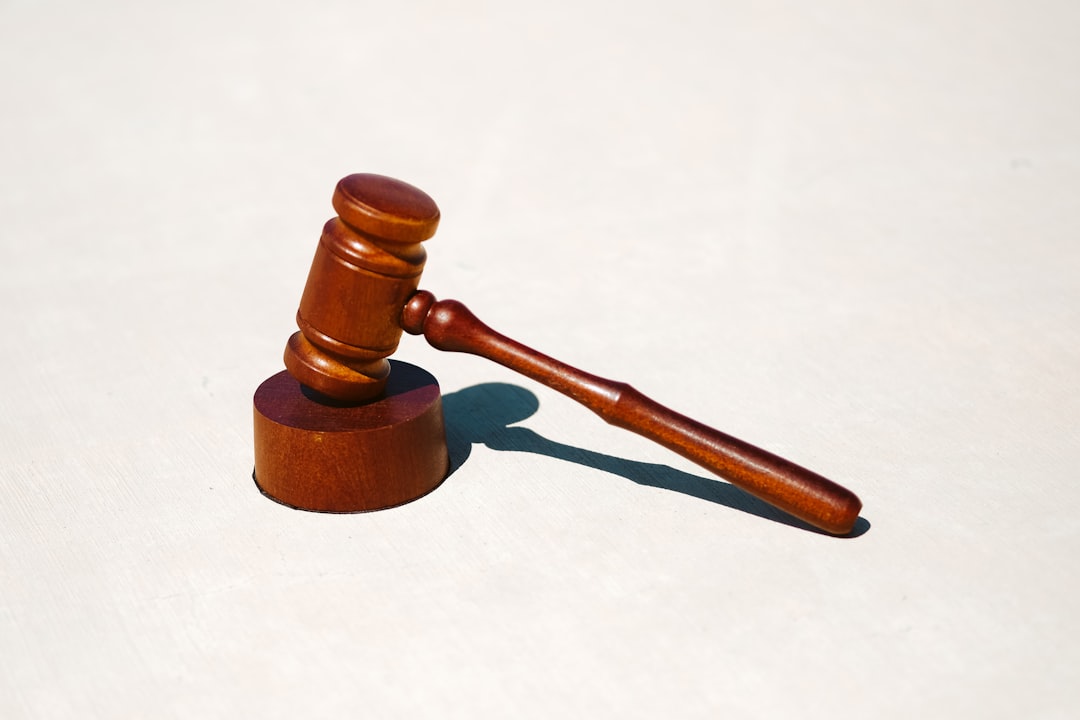Sacramento residents facing unwanted calls from law firms must maintain detailed call logs recording caller information, times, durations, and summaries. These logs are crucial evidence in Do Not Call law violations, helping to identify harassment or aggressive marketing patterns. In California's strict legal environment, proper call logging is a legal obligation for law firms, protecting against lawsuits and maintaining client trust. Meticulous record-keeping aids strategic communication management, demonstrating compliance with Do Not Call laws, respecting privacy, and streamlining dispute resolution. Digital logging systems offer enhanced search capabilities and seamless integration with case management tools, while consistent practices safeguard professional integrity and prevent misunderstandings.
In Sacramento, as in all of California, maintaining accurate call logs is paramount for both legal protection and professional ethics. This comprehensive guide explores the significance of call logging, delving into its legal implications, benefits for individuals and law firms, and best practices. Understanding the importance of detailed records can protect your rights and prevent costly mistakes, especially when interacting with other legal professionals or clients. Discover crucial insights on navigating this essential aspect of communication tracking.
Understanding Call Logs: A Basic Overview for Sacramento Residents

In Sacramento, like many places in California, understanding and keeping a call log is essential for residents dealing with unwanted phone calls, particularly from law firms or similar organizations. A call log serves as a detailed record of incoming and outgoing telephone conversations. It includes information such as the caller’s number, date and time of the call, duration, and a brief summary of the discussion. For Sacramento residents facing persistent legal issues or receiving unsolicited calls from law firms, maintaining an accurate call log is crucial for several reasons.
This log acts as a vital tool for tracking interactions with these firms. It helps identify patterns, such as frequent calls from specific numbers, which can indicate illegal practices like aggressive marketing or harassment. Moreover, if any legal action is required, the call log provides tangible evidence of communication, ensuring residents have a clear record to present when dealing with Do Not Call laws or disputing unsolicited legal services.
The Legal Implications of Not Maintaining a Call Log in California

In California, the legal implications of not maintaining a detailed call log can have significant consequences for businesses, especially those in the legal sector or those that handle sensitive client information. The state’s Do Not Call law is stringent, and failure to document incoming and outgoing calls can lead to costly violations. This legislation requires businesses to respect consumer privacy and prohibits certain types of telemarketing practices. Without proper call logging, it becomes challenging to prove compliance with these regulations, leaving companies vulnerable to legal action and financial penalties.
For law firms in Sacramento, keeping an accurate call log is not just a best practice but a legal obligation. It ensures transparency and helps maintain client trust. If a client alleges unauthorized or unwanted calls, a well-maintained log can serve as irrefutable evidence of compliance with the Do Not Call law, protecting the firm from potential lawsuits and reputational damage.
Protecting Your Rights: Why Keep Detailed Records in Sacramento?

In the dynamic legal landscape of California, particularly in Sacramento, keeping detailed records, especially a comprehensive call log, is paramount for several reasons. It serves as a robust defense mechanism, providing irrefutable evidence in cases where communication with clients or business associates becomes contentious. This documentation ensures that all conversations are accurately recorded, protecting both parties from misrepresentations or misunderstandings.
For instance, when dealing with a do not call law firm in California, maintaining a meticulous log can demonstrate compliance and prevent unwanted legal repercussions. It allows individuals and businesses to track interactions, ensuring they respect privacy rights while also facilitating quick resolution of any issues that may arise from perceived violations. This practice is especially crucial in the digital age, where communication trails can be easily obscured or misinterpreted without proper record-keeping.
Effective Call Logging Practices for Law Firms and Individuals

In the legal field, maintaining an accurate call log is paramount for both law firms and individual practitioners. Effective call logging practices ensure that every interaction with clients, prospects, and colleagues is documented, facilitating better case management and client relations. For law firms in California, especially those not to be called by potential clients, a robust call log serves as a defensive measure, providing evidence of engagement and compliance with Do Not Call regulations.
The ideal call log includes detailed information such as the caller’s name and contact details, the purpose of the call, a brief summary of discussions, and any action items agreed upon. Digital call logging systems offer advantages over manual methods, allowing for easy search and retrieval, automated reminders, and seamless integration with case management software. Regular review of call logs enables legal professionals to identify trends, prioritize matters, and enhance their overall service delivery.
Common Mistakes to Avoid When Keeping a Call Log – Do's and Don'ts

Keeping a detailed call log is essential for any business or professional, but it’s not without its pitfalls. Many individuals and organizations fall into common traps when documenting their calls, especially in a bustling city like Sacramento. One of the primary mistakes to avoid is failing to record key information such as caller details, purpose of the call, and outcomes. This can lead to disorganized logs and missed opportunities for follow-up. Always ensure your log includes these critical elements: date, time, caller’s name and contact info, reason for the call, and any agreed actions or next steps.
Another common error is inconsistent logging practices. Calls may be missed, or some might be logged sporadically, creating an incomplete record. To maintain accuracy, establish a strict routine—call logging should become second nature. Use digital tools or dedicated software to streamline the process and ensure every call is documented promptly. Remember, in California, especially when dealing with legal matters, it’s crucial to avoid any hints of not calling law firms without proper justification. Therefore, maintaining a comprehensive and consistent call log can protect your professional integrity and prevent misunderstandings.






